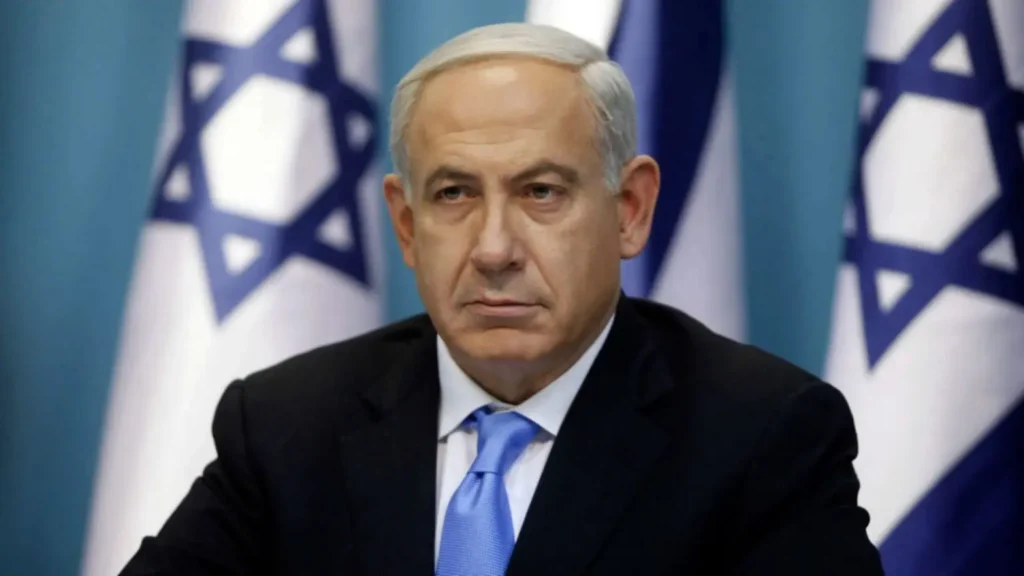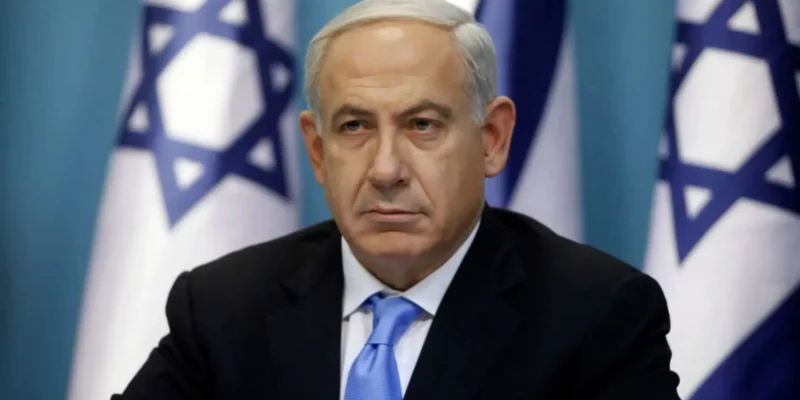
Israel on Monday proposed an extended truce in Gaza in exchange for the release of approximately half of the remaining hostages, as the military issued fresh evacuation orders and announced plans for intensified operations in the southern part of the enclave.
The proposed ceasefire, lasting between 40 and 50 days, would reportedly involve the release of half of the 24 hostages believed to be alive, as well as half of the 35 presumed dead. This development comes as part of ongoing efforts to secure a resolution to the Israel-Hamas conflict, which has devastated large parts of Gaza, claimed tens of thousands of lives, and displaced nearly the entire population since the war erupted in October 2023.
Prime Minister Benjamin Netanyahu reiterated on Sunday that Israel would continue to apply military pressure on Hamas while pursuing negotiations, describing continued force as the most effective strategy to secure the hostages’ release. He also renewed demands for Hamas to disarm — a condition the militant group has staunchly rejected, labeling it a non-negotiable red line.
As part of a broader settlement plan, Netanyahu hinted at proposals that would allow Hamas leaders to leave Gaza. The plan reportedly aligns with previous suggestions from U.S. President Donald Trump, advocating for voluntary emigration of Palestinians from the densely populated territory.
Meanwhile, the Israel Defense Forces (IDF) have instructed Palestinians residing around Rafah to relocate to Al Mawasi, citing plans to dismantle the operational capabilities of terrorist organizations in the area.
In response, Hamas has signaled its willingness to accept truce proposals mediated by Qatar and Egypt, which involve the release of five hostages each week. Efforts to progress towards a second phase of the ceasefire agreement, backed by the United States in January, have stalled amid ongoing disputes over the postwar future of Gaza.
The conflict reignited on March 18 after a two-month truce, during which 33 Israeli hostages and five Thai nationals were freed in exchange for around 2,000 Palestinian prisoners. As negotiations continue, both sides remain entrenched in their demands, casting uncertainty over prospects for lasting peace.

Comments